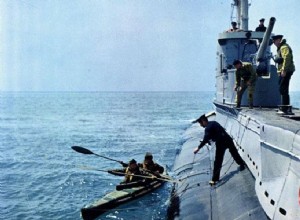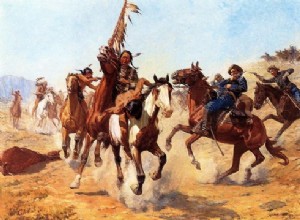(Decize, Nivernais, 1767 - Paris, 1794.) Politician , one of the main figures of the French Revolution.Of bourgeois origins, Saint-Just was the son of a light horse captain. In 1776, the latter moved with his family to Blérancourt, in the Aisne. The young Saint-Just completed his studies with the Or




